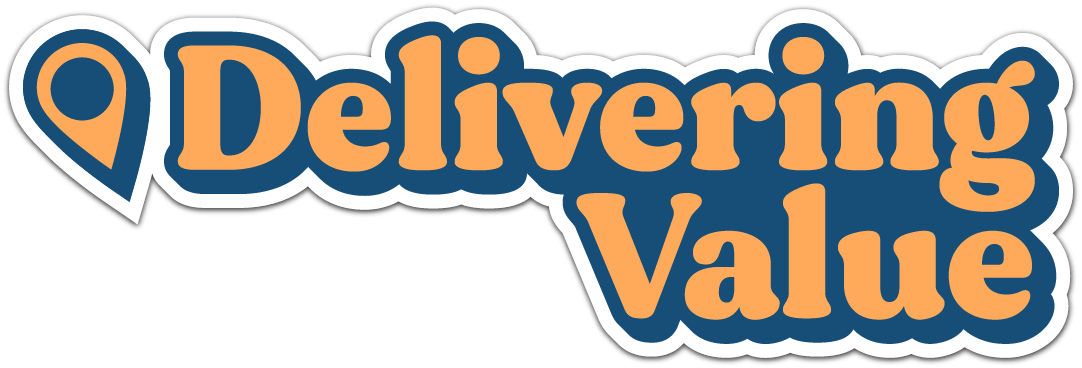Overwhelm, Imposter Syndrome, and Bad Performance Reviews with Adam Fishman
You just had a bad performance review. Now what? How Adam Fishman bounced back from tough feedback.
"Does not meet expectations"
Adam Fishman knew he wasn't doing a great job.
But seeing "does not meet expectations" on his review was a gut punch.
“I was managing a bunch of new teams, and was like 70% outside my comfort zone. I was busting my ass, but the results weren't there. I had a really tough engineering manager counterpart who made my life hell. The feedback was, ‘you’re not getting enough out of your team - and you’re not doing enough.' It was devastating.”
For me, it's hard to believe the person telling this story is Adam — the growth leader behind brands like Lyft, Patreon, Imperfect Foods, ResortPass, and now an executive in residence at Reforge. Turns out even A players have bad seasons.
As Adam explains, “If we look at careers as a long term thing, it would be shocking if you didn't get a bad performance review at some point, because eventually you're going to get into a situation that you're not good at.”
In our conversation for the Delivering Value Podcast, Adam shared his personal stories of struggling after getting in over his head, how he manages the stress and overwhelm that is part of working in high-growth startups, and what he does to bounce back when a boss takes him down a few pegs.
This might sound weird, but I was strangely relieved to learn that Adam doesn’t have all the answers. It's very easy to look at someone with his experience and (falsely) assume he bats 1000%.
Part of what does set Adam apart is how he transforms those challenges into learning opportunities. For example, after getting a bad review, he:
Didn’t tuck his tail between his legs
Used the critique as motivation to do a better job
Started asking for more specific feedback
And now – long after that experience – he still uses what he learned to improve how he gives feedback to his team.
His playbook is the opposite of what happened after my worst performance review (when I was told I wasn't being effective in my growth role). I was embarrassed and took it personally. And the hit to my identity took months to shake off.
In my convo with Adam, we also covered:
Why being super honest with potential employers is a smart strategy
The value of seeking mentorship beyond your boss
The importance of learning to ask for help
How to be successful while still being yourself
👇 Watch it below, or catch the show on Apple, Spotify, or YouTube 📺
In this episode, you’ll learn:
The importance of seeking outside mentorship because bosses can’t always be your coaches nor do they have all the answers you need
Why it’s best to be honest with your employers about what they can expect from you to help you decide as soon as possible whether a role is right for you
When to use soft skills to gauge whether a responsibility is just enough to grow someone or too much for them to handle
Things to listen for:
[5:52] The pivotal moment in Adam’s career from a marketer to a Growth leader
[11:11] A lesson from being the Head of Growth
[13:04] Learning from a bad performance review
[18:54] Why you should learn to ask for help
[24:59] The anxiety and pressure from high growth companies
[17:53] How to be yourself and be successful
[32:38] Adam’s experience dealing with high pressure and anxiety
Resources:
Subscribe to Adam’s Newsletter
Learn more about Navattic
Learn more about MadKudu
A huge thanks to the sponsors below👇
Presented by MadKudu. SaaS teams spend tons of time trying to identify accounts that are likely to purchase or upgrade based on their behavioral signals.
MadKudu’s Revenue Automation Intelligence platform helps revenue teams cut through the noise by predicting and prioritizing the right revenue generating actions.
And by Navattic. The old PLG playbook is already outdated. We're seeing forward-thinking SaaS businesses adopt interactive product demos as a core part of the modern product-led approach.
Navattic's no-code editor helps product-led SaaS companies create and build interactive product demos to increase website conversions and activate free trials.





